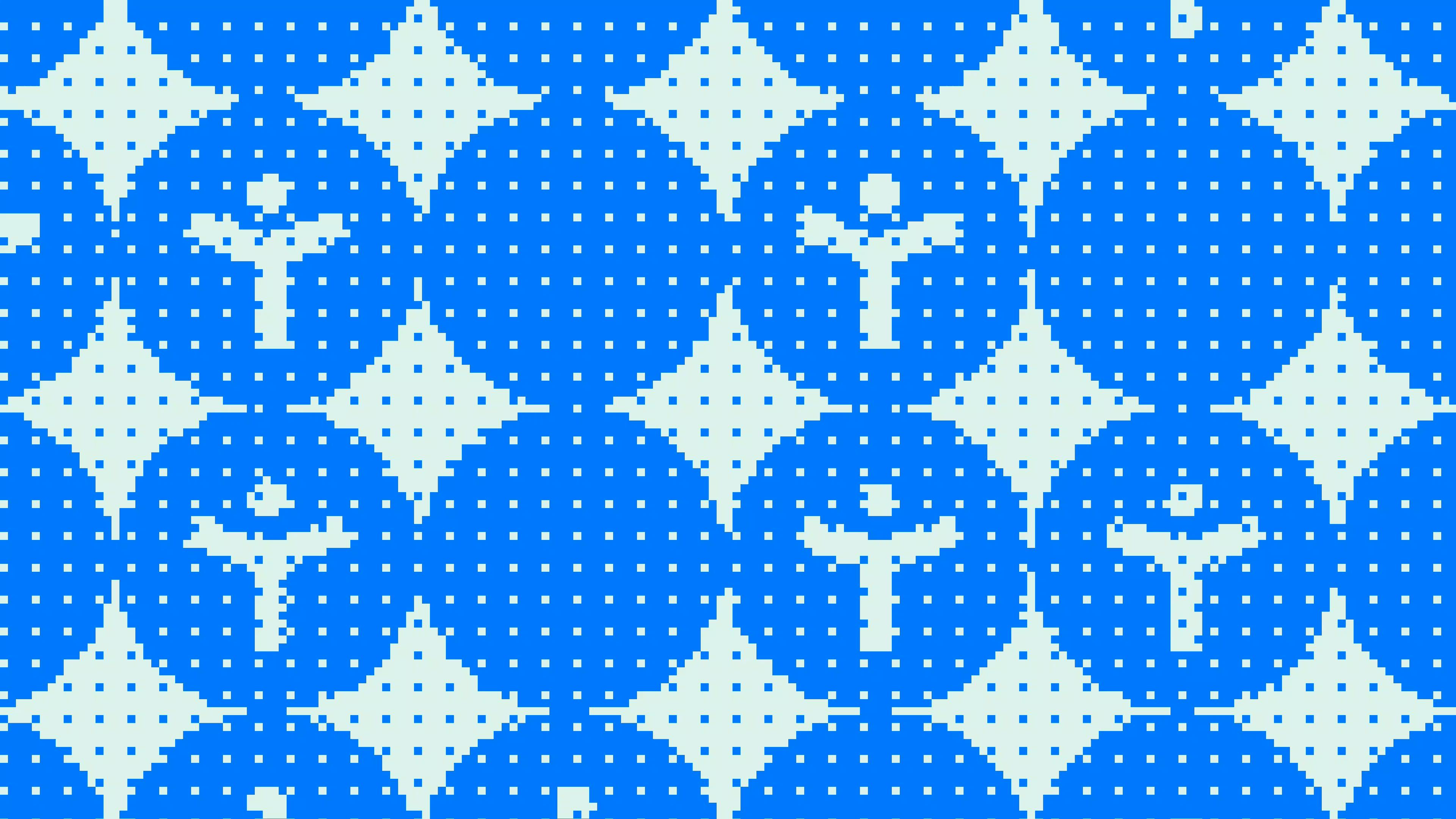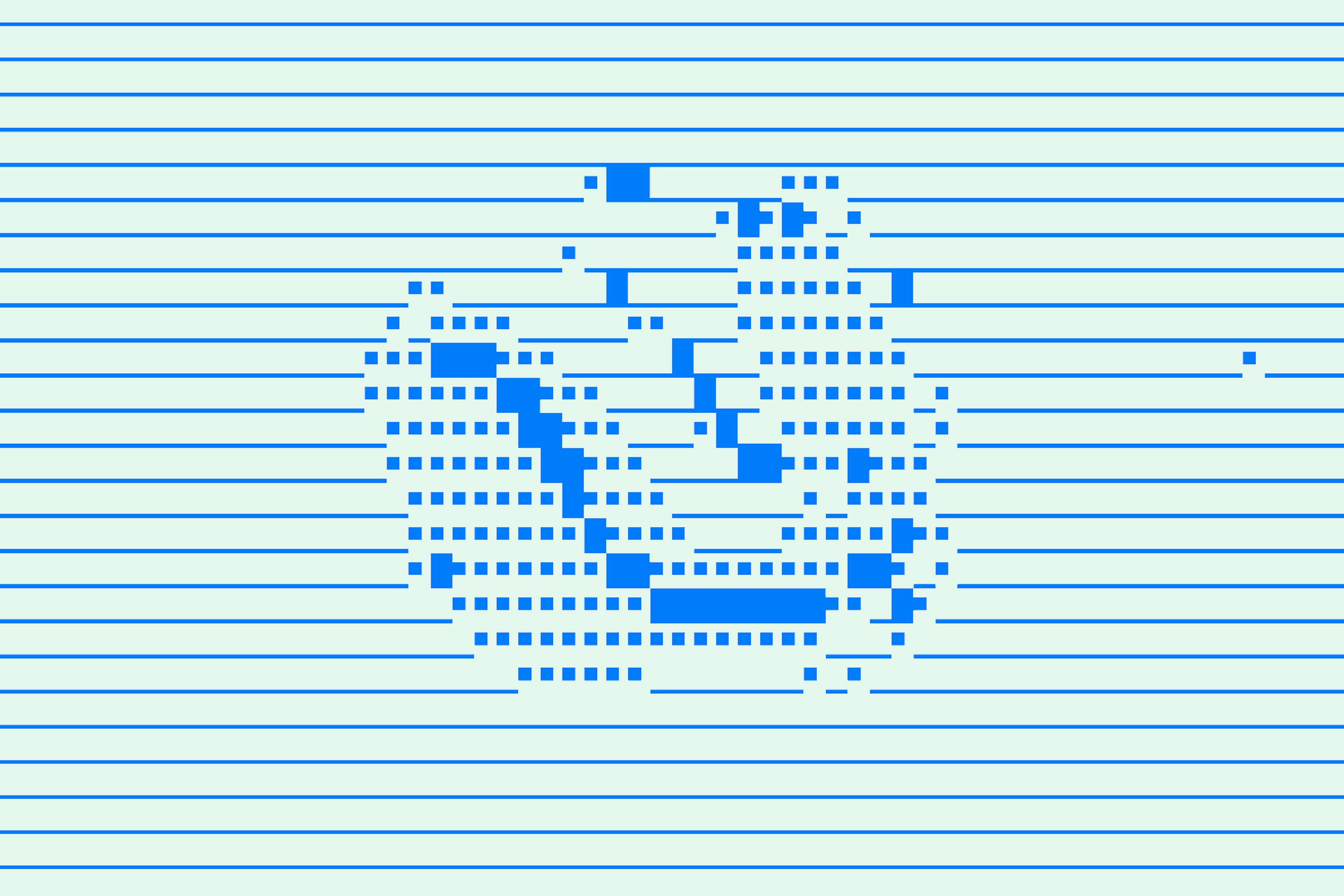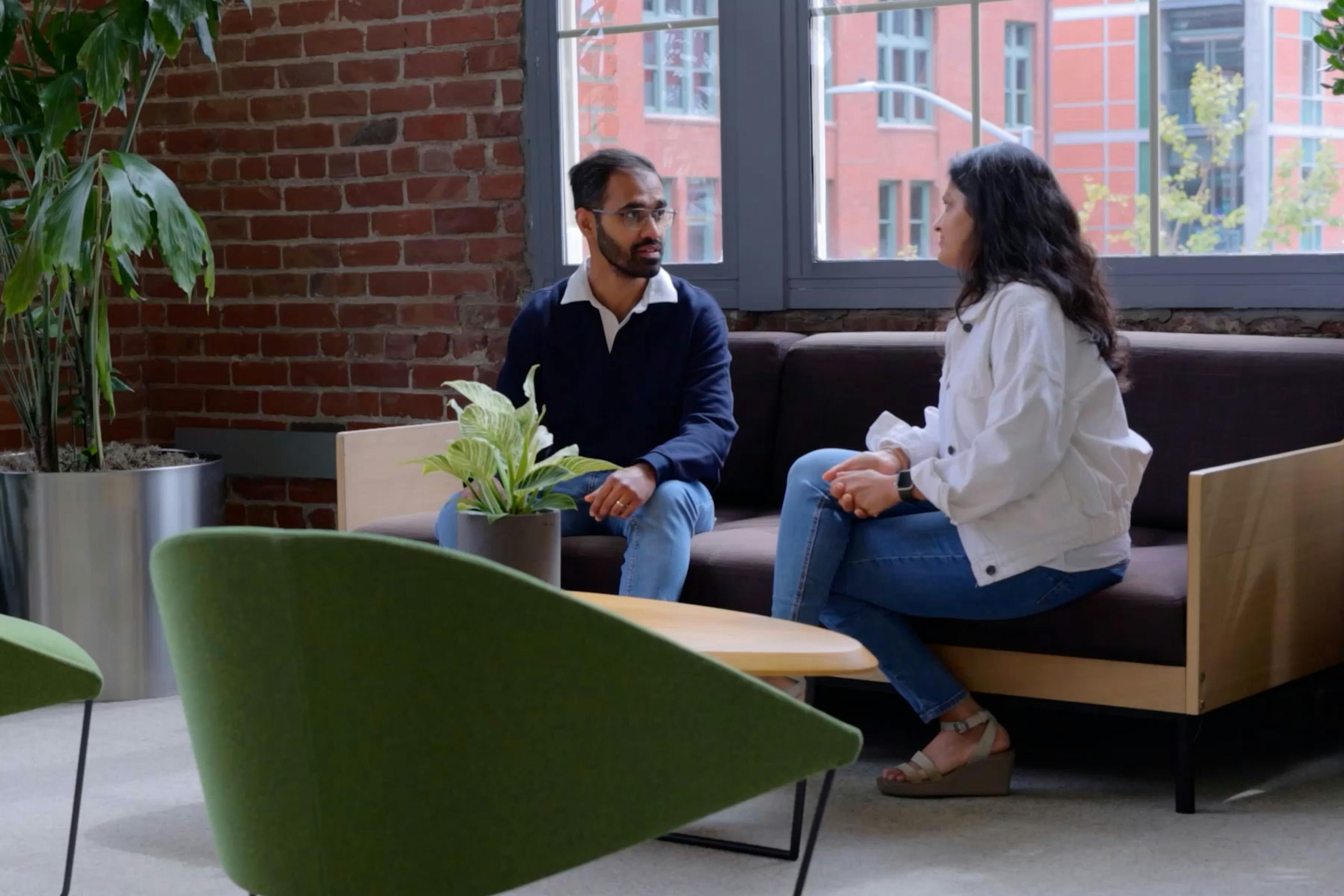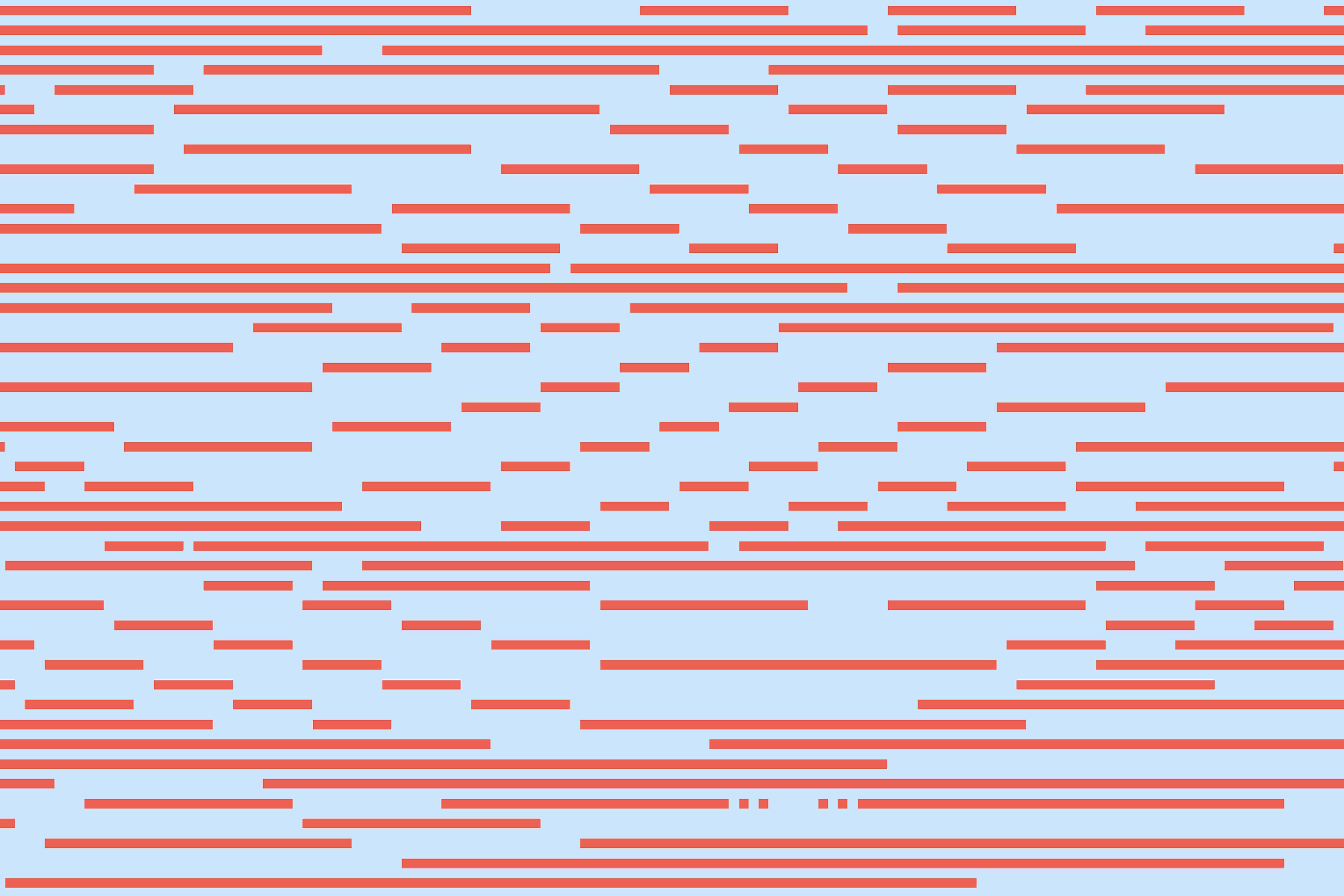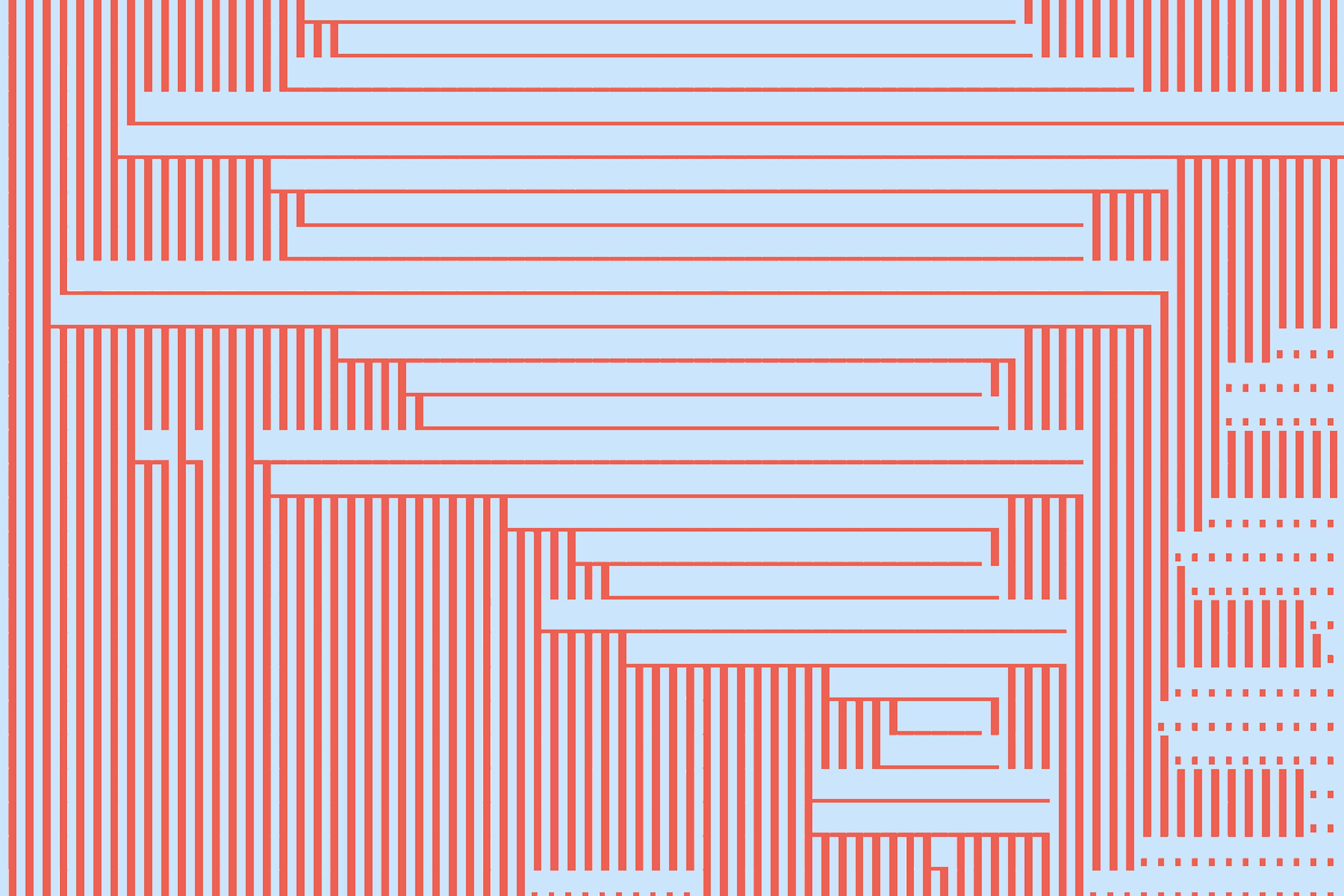
- As AI advances, it’s becoming increasingly important to differentiate between human- and AI-generated content online
- Proof of personhood addresses some of the key considerations presented by the age of AI: (1) protecting against sybil attacks and (2) minimizing the spread of AI-generated misinformation
- World ID is a digital “passport” that can be used to privately prove uniqueness and humanness online
- Worldcoin has published in-depth resources to provide more details about proof of personhood and World ID
Artificial intelligence is rapidly advancing. As it does, it’s becoming increasingly important for people to be able to differentiate between human- and AI-generated content online.
That’s where proof of personhood comes in.
What is proof of personhood?
In a nutshell, proof of personhood (PoP) is a mechanism that digitally verifies an individual’s humanness and uniqueness. It can be thought of as the first and most fundamental building block in establishing digital identity.

Worldcoin has developed World ID, an open identity protocol that can be used to prove an individual’s uniqueness and humanness online while preserving their privacy.
Why is proof of personhood needed?
Advanced AI can be an empowering tool. Like all emerging technologies, however, it introduces new and complex considerations, including:
- Protecting against sybil attacks, or online attacks from multiple pseudonymous identities generated by a single attacker
- Preventing the dissemination of realistic, AI-generated content intended to deceive or spread disinformation at scale
Proof of personhood addresses both of these.
First, PoP provides natural rate limiting through account verification, essentially eliminating sybil attacks at any notable scale. Second, it allows for the filtration of content: for example, only allowing content from accounts that have been confirmed as belonging to a unique human. This helps address the viral spread of AI-generated disinformation.
PoP should not be seen as a cure-all, but instead as an important early step in establishing a global network of unique human identities. If achieved on a large enough scale, the potential social benefits are considerable.
How can Worldcoin help establish proof of personhood?
World ID is an open and permissionless identity protocol developed to help establish PoP on a global scale.
Worldcoin project contributors built an advanced hardware device called the orb that verifies humanness and uniqueness using an iris code.
- Additional information on iris entropy and its relationship to PoP can be found here
- Additional information on Worldcoin data security can be found here
- Additional information on Worldcoin regulatory compliance can be found here
Once a person verifies their humanness, they can receive a fully-verified World ID on a compatible digital wallet. The first of these is World App, built by Tools for Humanity, however more will become available as the project grows.
World ID functions as a digital “passport” that lives locally on its holder’s phone and can be used to privately prove that they are a real and unique person. This privacy is possible thanks to the use of zero-knowledge proofs (ZKP) that prevent third parties from knowing a person’s World ID public key or tracking them across applications. ZKPs also protect the use of World ID from being tied to the iris code of the person or any data used in its creation.
More resources for understanding proof of personhood
The following articles provide more details on PoP, as well as other important considerations surrounding it:
- Humanness in the Age of AI
- Opening the Orb: A look inside Worldcoin’s biometric imaging device
- An intro to ZKPs, Semaphore and World ID
You can also stay informed by joining the daily conversations on Twitter/X, Telegram, Discord, YouTube and LinkedIn or signing up for the blog newsletter at the bottom of this page.
Additional important information concerning the project is available in the Worldcoin protocol whitepaper.
Haftungsausschluss
The above content speaks only as of the date indicated. Further, it is subject to risks, uncertainties and assumptions, and so may be incorrect and may change without notice. A full disclaimer can be found in our Terms of Use and Important User Information can be found on our Risks page.
